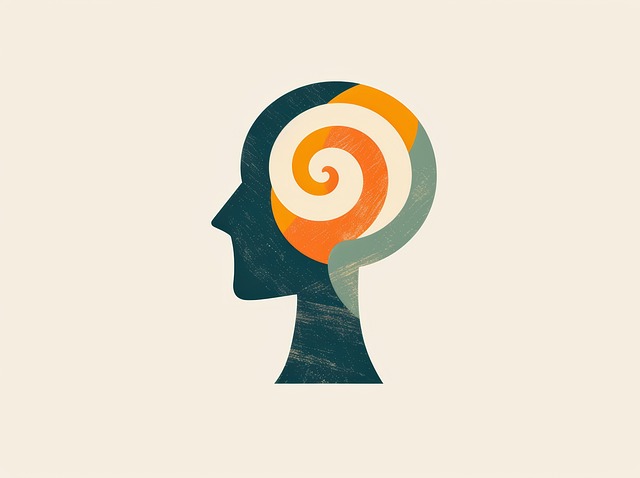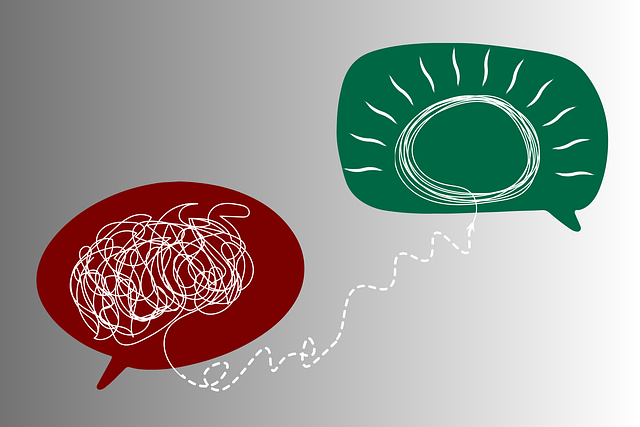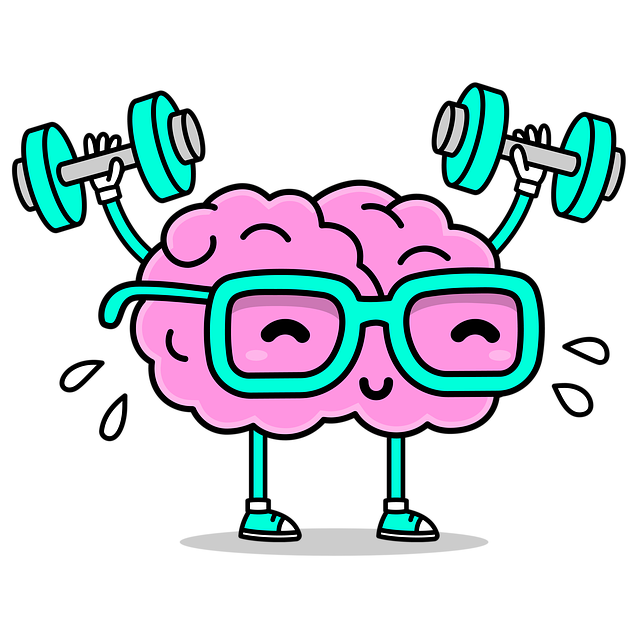Adolescence presents unique challenges, with academic pressures, social dynamics, and identity formation contributing to emotional stress and mental health issues in teens. Targeted therapy addressing interpersonal problems is crucial; it equips adolescents with coping mechanisms, enhances self-awareness, and prevents burnout. Incorporating techniques like journaling, mindfulness, trauma support, and group therapy into daily routines improves relationships, fosters personal growth, and promotes positive lifestyle changes. Building supportive communities through safe spaces, peer networks, and community organizations significantly boosts the emotional well-being of teens facing interpersonal issues, empowering them with resilience and healthy coping strategies.
In today’s fast-paced world, self-care practices are essential for adolescents navigating interpersonal issues and seeking therapy. This article explores strategies tailored to meet the unique needs of teenage minds. We delve into understanding adolescent self-care requirements, addressing common interpersonal challenges, and offering practical tips for incorporating effective therapy techniques into daily routines. Additionally, we highlight the significance of building a supportive community for enhancing overall emotional wellbeing, emphasizing the role of therapy for adolescent teens in fostering resilience.
- Understanding Adolescent Self-Care Needs and Interpersonal Issues
- Strategies for Incorporating Effective Therapy Techniques in Daily Routines
- Building a Supportive Community for Enhanced Emotional Wellbeing
Understanding Adolescent Self-Care Needs and Interpersonal Issues

Adolescence is a period of significant growth and development, but it can also be characterized by heightened emotional volatility and interpersonal challenges. Understanding the self-care needs of this demographic is crucial for fostering resilience and overall well-being. Adolescent teens often struggle with balancing academic demands, social pressures, and the exploration of their identity, which can lead to various issues such as stress, anxiety, and depression.
Interpersonal relationships play a significant role in shaping an adolescent’s self-care practices. Issues like peer influence, bullying, or a lack of social support can negatively impact their ability to manage stress and maintain healthy habits. Therapy for adolescent teens targeting interpersonal issues can be transformative, helping them develop coping mechanisms, enhance self-awareness exercises, and prevent burnout. By addressing these challenges, professionals can guide young individuals towards building strong relationships, improving communication skills, and cultivating a sense of belonging, all of which contribute to better mental health and overall self-care.
Strategies for Incorporating Effective Therapy Techniques in Daily Routines

Incorporating effective therapy techniques into daily routines can significantly benefit adolescent teens navigating interpersonal issues. Starting small, such as incorporating self-awareness exercises like journaling or mindful breathing, allows individuals to process emotions and gain insights into their triggers. Regular reflection fosters empathy building strategies, enabling teens to better understand themselves and others, a crucial step in resolving interpersonal conflicts.
Additionally, trauma support services can play a vital role in empowering teens to integrate healing practices seamlessly. These services often provide tools tailored for navigating past traumas, enhancing coping mechanisms and resilience. By weaving these techniques into existing routines, adolescent teens can experience improved mental well-being and build healthier relationships, ultimately fostering a more positive and balanced lifestyle.
Building a Supportive Community for Enhanced Emotional Wellbeing

Building a supportive community is a powerful tool for enhancing emotional wellbeing, especially among adolescent teens navigating interpersonal issues. Social connections and a sense of belonging play a pivotal role in fostering resilience and positive mental health. Encouraging open conversations about emotions, experiences, and challenges within a safe and non-judgmental environment can help teens feel understood and valued. This creates an opportunity for them to develop emotional intelligence, learn healthy coping mechanisms, and build stronger interpersonal skills.
Therapy for adolescent teens often incorporates group settings and peer support networks to facilitate emotional healing processes. These platforms allow individuals to share their stories, offer mutual encouragement, and gain different perspectives on their experiences. Moreover, participating in stress management workshops or joining community organizations can further strengthen this support system. By actively engaging with these initiatives, teens can acquire practical tools for managing stress, improve their self-confidence, and develop a sense of belonging that contributes to overall emotional wellbeing.
In addressing self-care practices improvement, especially for adolescents, understanding their unique needs and interpersonal issues is paramount. Integrating effective therapy techniques into daily routines can significantly enhance emotional wellbeing. Moreover, building a supportive community further strengthens their resilience and fosters healthy development. By combining these strategies, parents, caregivers, and educators can empower teens with the tools they need to navigate interpersonal challenges and thrive in their personal journeys, utilizing therapy for adolescent teens as a game-changer in fostering positive mental health outcomes.












